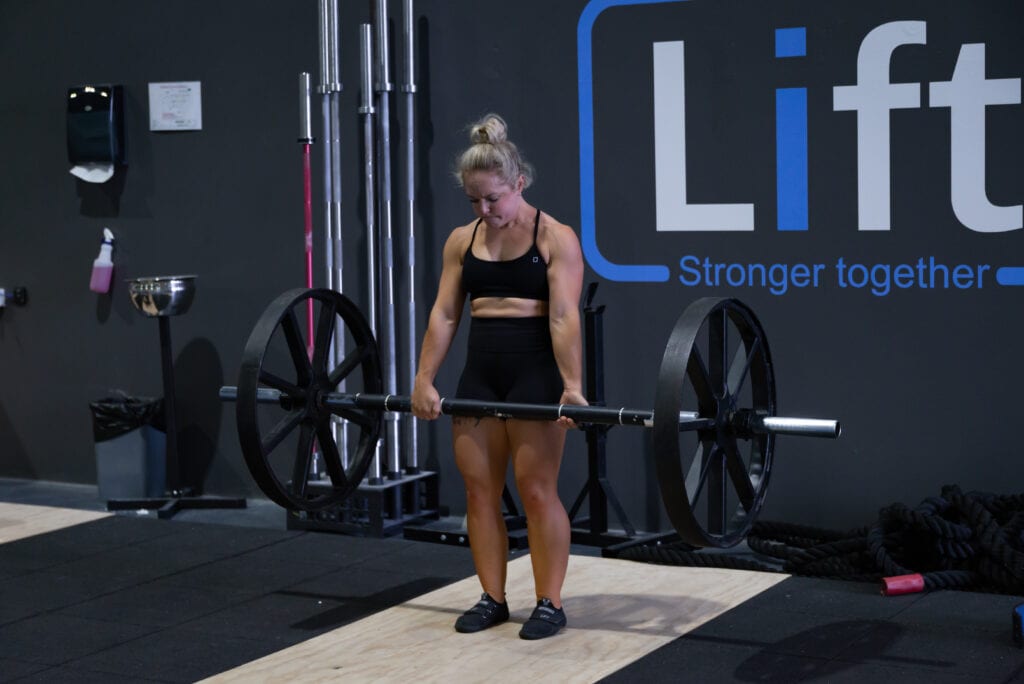What is Pelvic Floor Dysfunction?
Pelvic floor dysfunction is the inability to correctly relax and coordinate your pelvic floor muscles.
At the start of each client relationship I urge all my female clients to visit a Pelvic Floor Physio.
So often we hear if someone has incontinence they would benefit from just doing pelvic floor muscle exercises such as Kegel exercises. This is another common misconception and a proper diagnosis by a qualified Pelvic Floor Physio is key.

Men vs. Women
Whilst men can also suffer from pelvic floor related symptoms, women are much more likely to experience issues relating to their pelvic floor. Pelvic floor dysfunction symptoms can vary from person to person. These issues can include bladder leakage, pain during sex or urination and trouble releasing a bowel movement.
This is often due to the various differences in male and female anatomy. For instance, a woman’s urethra is much shorter than a mans. (Think approx 4cm in a female vs approx 20cm in a male.)
Throw into the mix the changing environment a female’s pelvic floor is bombarded with over the course of her life; pregnancy, childbirth and menopause, add to that the ‘taboo nature’* of these things and often we find women suffer in silence. However, pelvic floor disorders can be moor common than you would think.
(*Please note they are not taboo and issues that impact your quality of life should be addressed.)
Can Your Hormones Affect Your Training Outcomes?
One thing I like to mention to the ladies that I train is how different our bodies can feel at different stages of our cycle.
Fluctuations in hormones during a cycle can have an affect on how our sessions in the gym feel and how heavy a load can feel. This is something I ask my clients to keep track of to help them understand their bodies.
There have been studies done on hormones throughout the cycle and what their fluctuations mean for strength training. However, I approach each female as an individual– each with her own needs, external stressors and goals.
I often have clients report back saying that a few days before and the first couple of days of menstruation are not enjoyable lower body days for them.
This is understandable, before menstruation you have a fully lined uterus, potentially there is some premenstrual water retention; and everything feels heavier than usual.
On those days when you are feeling hormonal and bloated, taking a few kilos off the bar and reducing the overall load– and potentially volume too — can take the pressure off and increase the enjoyment of the session experience.
Pelvic Floor, Hormones and Powerlifting
For those ladies following a powerlifting program who might be prepping for a comp I would suggest as a first option swapping the days around. If you have a regular cycle and you can get a squat session in prior to the days when you are not feeling great it’s the easiest way to alleviate the discomfort of the session.
If that’s not possible, might I suggest spending a little more time in your warm up; allowing yourself the time to connect with your breath, core and pelvic floor and spend a little more time in between sets to allow for recovery. (Actually focus on intentionally resting though, this isn’t an excuse to spend more time scrolling through the gram.)
I have met with a few women who have come to me with pelvic floor dysfunctions who have had their eyes on the prize and disregarded the need for rehabilitation, instead pushing through and prepping for their next comp or continuing on their strength journey, thus exacerbating their symptoms.
Like any injury, addressing it sooner rather than later can allow (often– not always) for a shorter recovery time and enable you to get back to doing what you love.
Key Takeaways
There is never a time during a lift that you want to push out into the muscles of the pelvic floor – no matter how heavy or bloated you feel. We need to brace and build our intra abdominal pressure to increase stability through our core. But during this we need to be drawing our pelvic floor in.
It’s a complicated system which is why having a coach and seeking help is a great idea if you aren’t sure.
Ladies don’t put these things off, look after your pelvic floor.
Ready To Start Your Journey?




